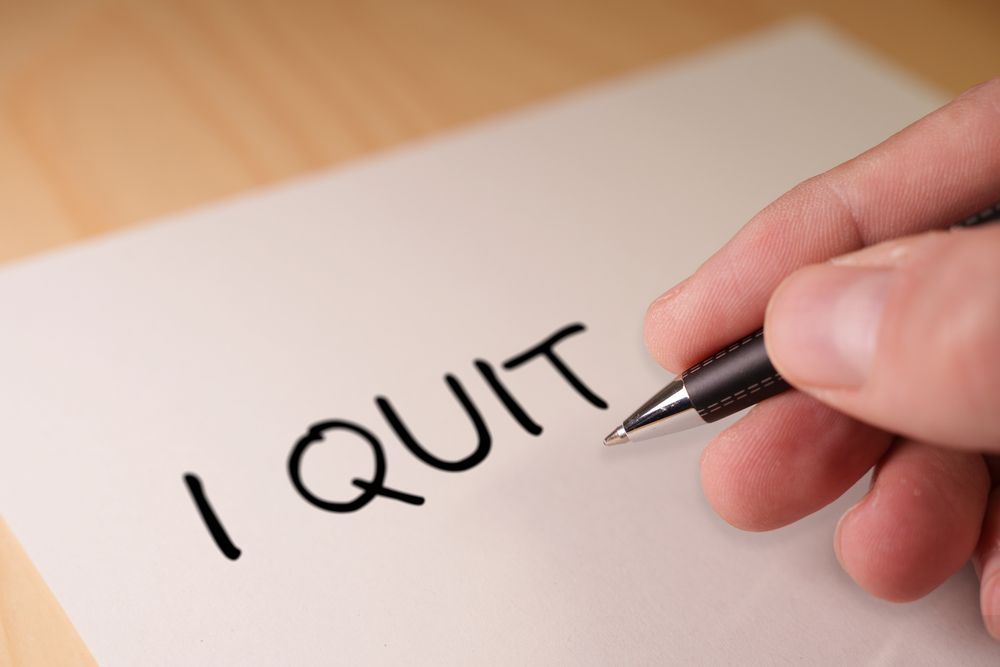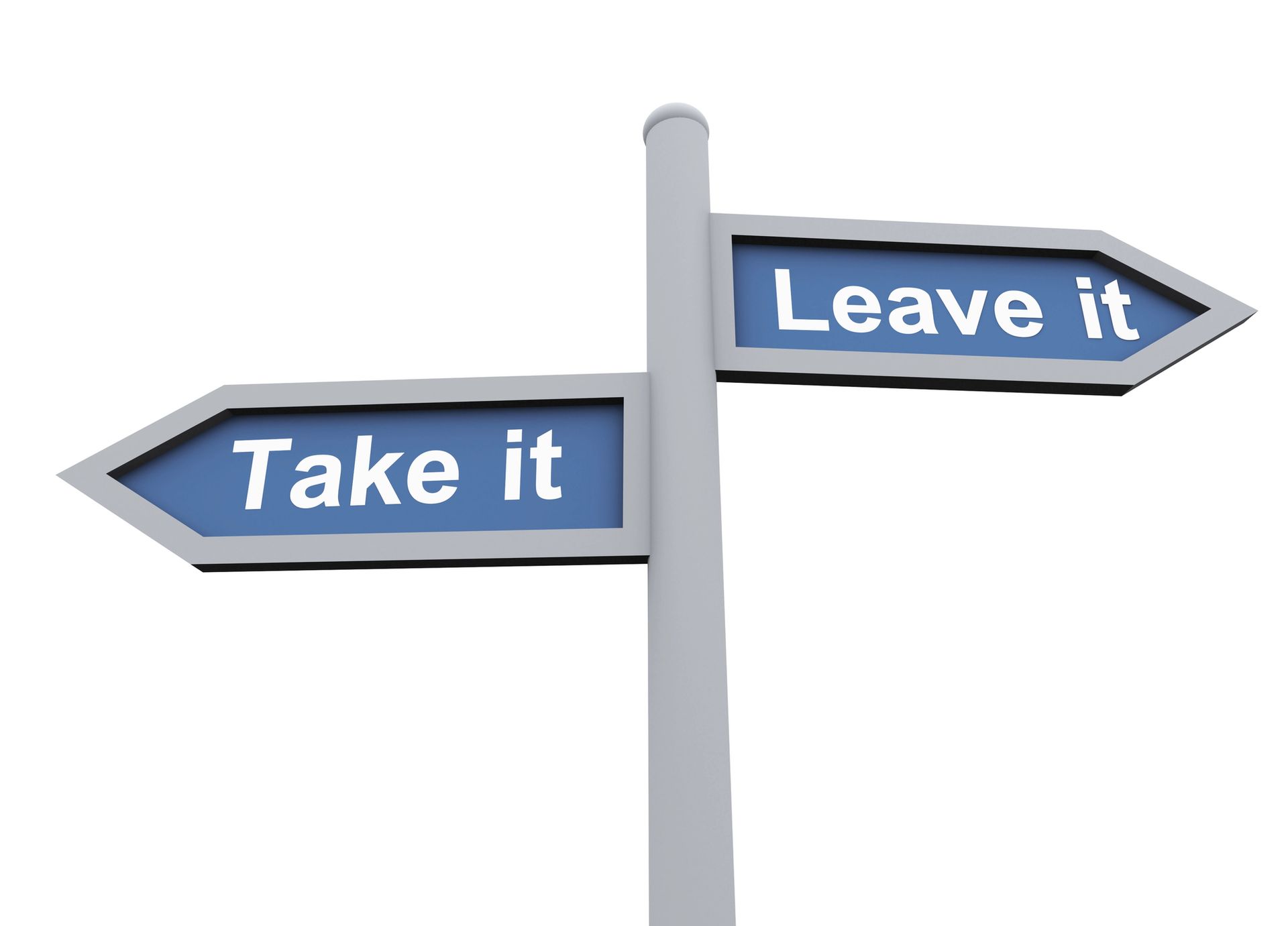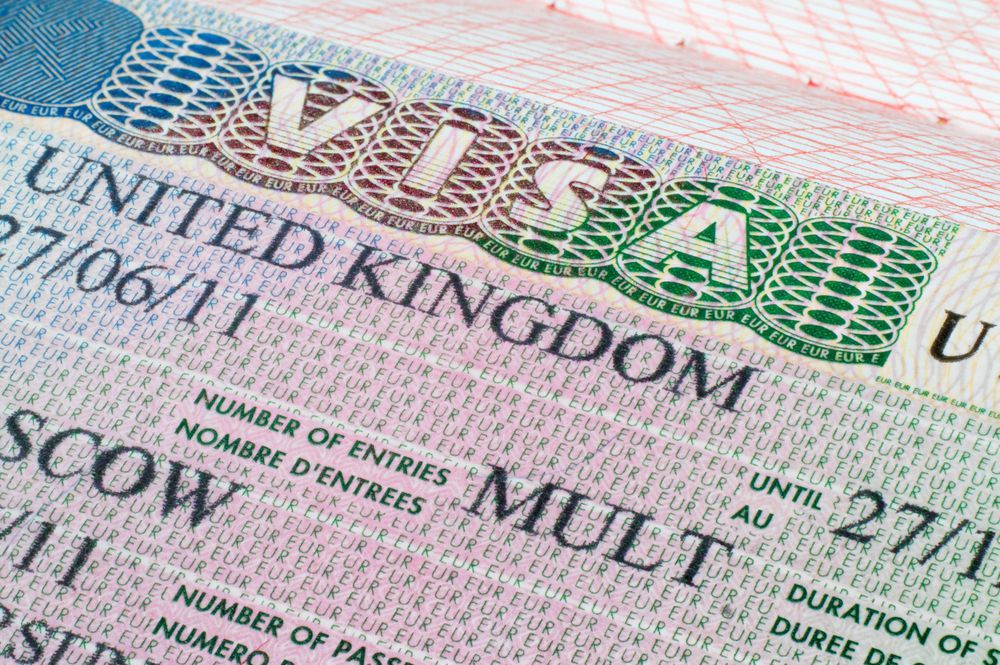Why Good People Leave (And It's Not What You Think)
The Five Reasons Your Best People Are Walking Out (And What To Do About It)

Your best performer just handed in their notice.
You're frustrated. They seemed happy. The pay was competitive. The benefits were good. So why are they walking away?
Here's the uncomfortable truth: good people don't leave for the reasons you think they do.
It's Not About Money (Mostly)
Yes, people need to pay their bills. But if money was the main driver, every good employee would constantly be job hunting for the highest bidder. They're not.
Good people leave when they stop believing in what they're doing, where they're going, or who they're working for.
The exit interview will mention "better opportunity" or "career development." What they won't tell you is that they've been mentally checked out for months.
The Real Reasons Good People Leave
🚫 They don't see a future Not just promotion - they can't see how the business is growing or where their role fits in that growth. If you're not sharing your strategic direction, they're making assumptions. And those assumptions are rarely positive.
👤 Their manager is the problem People don't leave companies, they leave managers. If your manager doesn't communicate well, doesn't develop people, or doesn't model the values you claim to have - that's why they're going.
🗣️ Their voice doesn't matter They've tried to contribute ideas, improvements, or solutions. Nothing happens. They stop trying and start looking elsewhere for a place where their expertise is valued.
⚡ There are no consequences High performers hate working alongside poor performers who face no consequences. When standards slip and nothing happens, good people lose respect for leadership and start planning their exit.
📈 They've stopped learning Good people want to grow. If they're doing the same tasks with no new challenges, no skill development, and no progression, they'll find somewhere that will stretch them.
The Warning Signs You're Missing
They stop volunteering for extra work Previously eager employees who suddenly only do exactly what's required have mentally moved on.
They go quiet in meetings Used to contribute ideas and ask questions? Now they just nod and stay silent. They've given up trying to influence anything.
They start taking all their holiday Sounds positive, but often means they're using time off for interviews or just mentally disengaging from work.
They mention other companies more often "I saw that Company X is doing..." becomes a regular comment. They're researching their next move.
Three Things You Can Do Now
🎯 Have the conversation Pick your best performer. Ask them directly: "What would make you excited to still be here in two years?" Listen to the answer. Then act on it.
📋 Review your managers Your managers are your retention risk. If they can't answer these questions clearly, they're probably losing people: "What's our business strategy?" "How do I develop my team?" "What are our non-negotiables?"
🔄 Create consequences Address the performance issues you've been avoiding. Poor performers don't just affect productivity - they drive away your best people. Deal with it or lose them.
The Reality Check
Good people leave because they stop believing. In the business direction, in their manager's competence, in the value of their contribution, or in the standards you claim to uphold.
You can't retain everyone. But you can create conditions where good people want to stay and grow.
The question isn't whether you can afford to invest in retention. It's whether you can afford not to.
Stop assuming people leave for money. Start addressing the reasons they actually leave.
Losing good people regularly? Let's identify what's really driving them away and fix it before you lose the next one. Send me a DM and we can talk through how I can support you.










